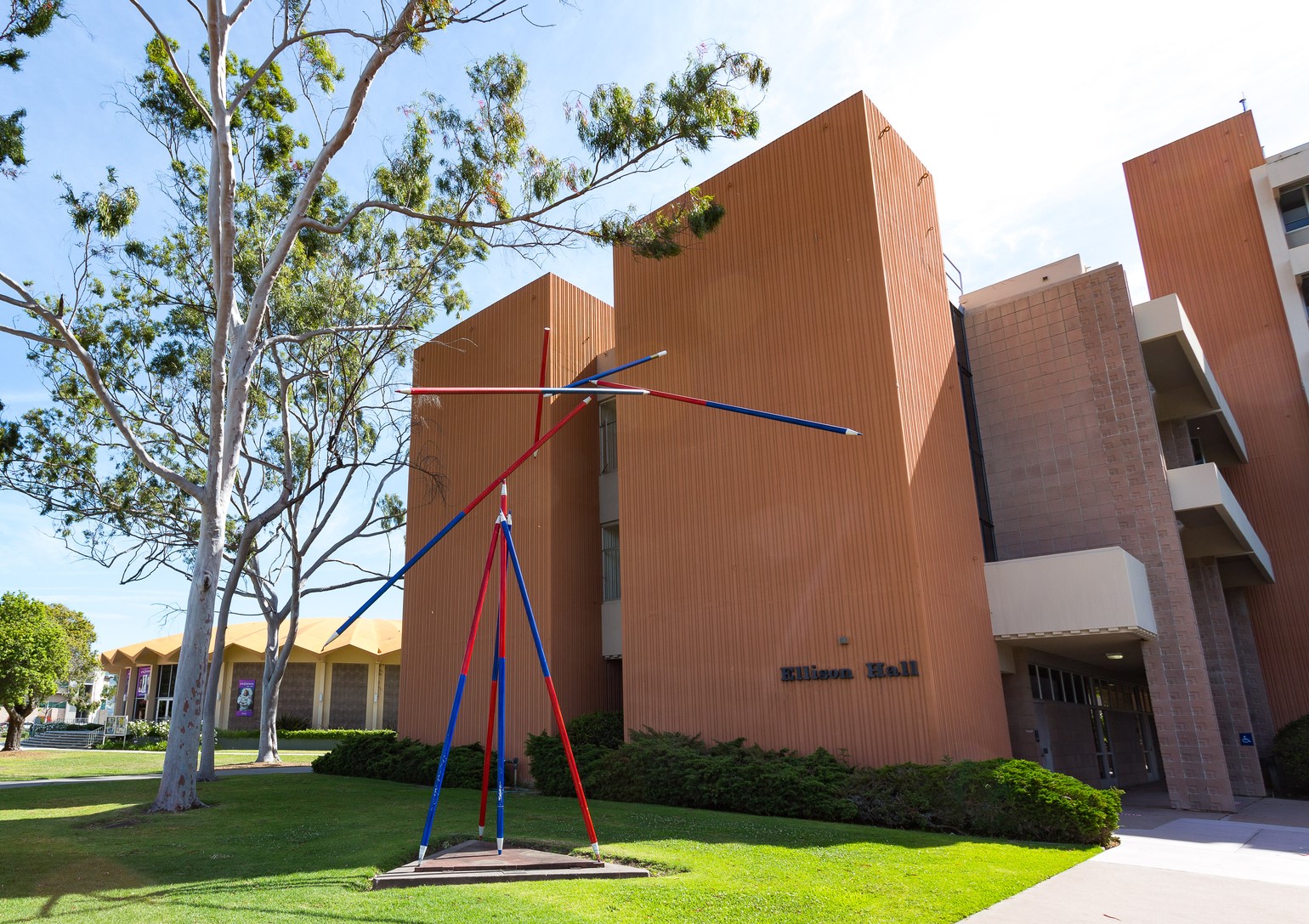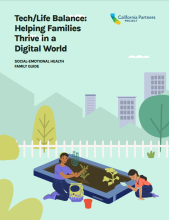
Please call the Alcohol and Drug Program at (805) 893-5013
All of the Alcohol & Drug Program counseling appointments are free of charge. However, there is a $55 missed appointment fee. There is also a late cancellation fee of $25. If you need to cancel or re-schedule your appointment, you must call the Student Health appointment line: (805) 893-3371 at least 24 hours in advance.
Due to the HIPAA regulations regarding privacy of personal health information, we are not allowed to release information regarding patient sessions without a release of confidential information signed by the student. In fact, we are unable to even confirm or deny a student’s participation without permission. However, we are available to provide information about behavior trends and patterns that are typical of the college age population here at UCSB and around the country.
Starting a Conversation

- How will you decide whether or not to drink at college?
- What reasons or excuses can you give your peers if you don’t want to drink?
- What will you do if your roommate only wants to drink and party?
- Do you know what the consequences are for alcohol or drug violations at UCSB?
- What will you do if your roommate or a neighbor passes out from drinking too much?
- How will you get home if the person you rode with is too drunk to drive or accompany you home as planned?
- What else is there to do on campus besides go to parties on the weekend?
- What plan are we going to make so you can feel comfortable to call us if you are in trouble or don’t know how to handle a situation?
An often-overlooked protective factor involves the continuing influence of parents. Research shows that students who abstain from drinking often do so because their parents discussed alcohol use and its adverse consequences with them. During these crucial early weeks, parents can do a number of things to stay involved. (From NIAAA)
Set clear and realistic expectations and goals regarding academic performance and discuss consequences if the goals are not met. Important topics of discussion include:drinking and drug use, attending class, drinking and driving, financial responsibility, and the balance between studying and socializing
Do not, however, idealize any over-indulgences from your own youth. Your student may assume you are granting approval for dangerous levels of consumption.
Help your student stand up for a right to a safe academic and social environment. Students who do not drink can be affected by those who do, ranging from interrupted study time to assault to unwanted sexual advances. Explain that your student can address offensive behavior either by talking to the other student or by notifying residence hall staff members or UCSB officials. If your student is considering a substance-free lifestyle, please have them take a look at the Recovery Program Gauchos For Recovery
Helping others gives students a broader outlook and a healthier perspective on the opportunities they enjoy.
While parents may not be able to actively monitor students away from home, they can be available to talk and listen, and this is just as important. It can do more than help shape lives, it can save lives.
